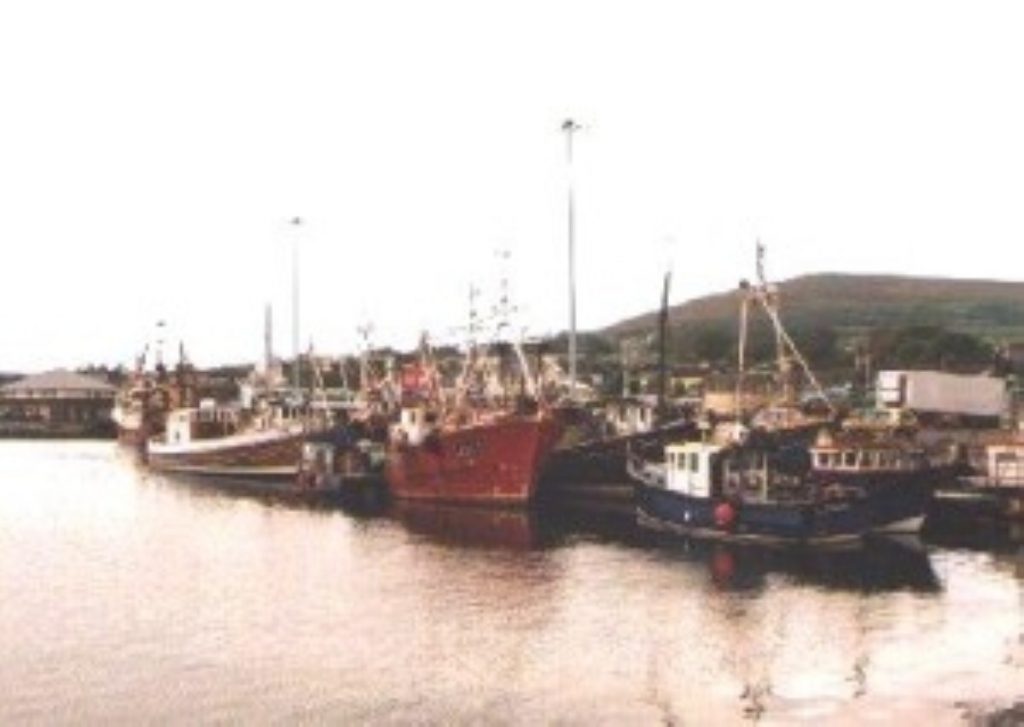Row over new fish consumption guide
A guide published by the Marine Conservation Society (MCS) that suggests consumers should avoid some fish on environmental grounds has drawn sharp criticism from the SNP’s Mike Weir.
Mr Weir, MP for Angus, accused the MCS of “irresponsibility” in releasing its new web site www.fishonline.org, which he claims could put consumers off eating Scottish fish entirely.
Mr Weir was particularly concerned about haddock, as the website advises consumers to “eat [it] with caution” and notes that that some stocks are over-fished.
Speaking to politics.co.uk this afternoon, he claimed that the site fails to explain that the Scottish stocks of the fish are fully sustainable.


However, the site’s content was defended by Calum Duncan of MCS Scotland. He told politics.co.uk that the MCS fully recognises that haddock caught off the west and north of Scotland are from sustainable stocks.
Mr Duncan emphasised that the site “is not telling anyone not to eat North Sea haddock” and provides “balanced information based on publicly available data”.
The new site, run by the MCS and sponsored by Marks and Spencer, aims to inform consumers how to select the most environmentally sustainable types and sources of seafood. It aims to “promote fish from healthy, sustainable stocks that have been caught using methods which minimise bycatch and damage to habitats.”
Fish are given a rating between one to five according to their status. A five rating is given to those that are overfished, vulnerable to exploitation, poorly managed or are obtained in harvests that have bycatch problems. It also distinguishes between the catching methods, urging consumers to prioritise line-caught fish.
Most of the fish it warns against eating are exotic fish such as marlin and groupers, but the list also includes plaice, Atlantic cod and haddock that comes from over-fished stocks.
Mr Weir branded the site “irresponsible”, saying it failed to give Scottish fishermen credit for the measures they have put in place to promote responsible fish management, such as the “introduction of larger net mesh sizes to protect immature fish”.
The Scottish MP said that he was concerned that environmentally minded consumers would simply be put off from eating fish all together, saying that environmental groups “have to be careful when putting out such messages”.
He argued that it was industrial fishing that posed the real threat, and said he would be writing to the chief executive of Marks and Spencer to express his concerns.
He said “a balance must be struck” between environmental concerns and the needs of the coastal communities.
“If Marks and Spencer and the Marine Conservation Society really want to help the industry, they should be targeting the Common Fisheries Policy – the very policy which has so mismanaged stocks that fishermen were forced out of the main haddock grounds and forced into nursery grounds. This is also a policy that encourages industrial fishing which scoops up everything in its path. If the environment is to be protected that policy must go,” he added.
In response, Mr Duncan said that the MCS had long lobbied for reform of the Common Fisheries Policy, which was “not sensible and not sustainable”. He particularly pointed to MCS’s lobbying against the industrial fishing of sand eels, which has seen its quota remain high despite the bycatch of white fish. The MCS would like to see severe limitations on future catches.
He said the MCS “fully recognised the efforts of Scottish fishermen” and the importance of coastal communities, and pointed out that their list of next best fish contains herring and coley, both caught in the North Sea by Scottish fishermen
The guide, Mr Duncan said, aimed to allow consumers to make informed choices, and ensure they “ask the right questions” of retailers about the origins and catching methods of fish on sale.

